241.webp)
Geotextile Fabric for Gravel Driveways -L
Gravel driveways are a popular cost-effective choice, but face challenges like displacement and erosion. Geotextile fabric from Haoyang Environmental offers proven solutions to enhance stability, reduce maintenance, and extend lifespan. This guide covers types, benefits, installa...

How to Lay Geotextile Fabric for Landscaping: A Step-by-Step Guide
This comprehensive guide walks you through how to lay geotextile fabric for landscaping, including site prep, fabric types, installation tips, and maintenance. It highlights real-world applications and the benefits of using Haoyang Environmental Co., Ltd.'s advanced geosynthetic ...
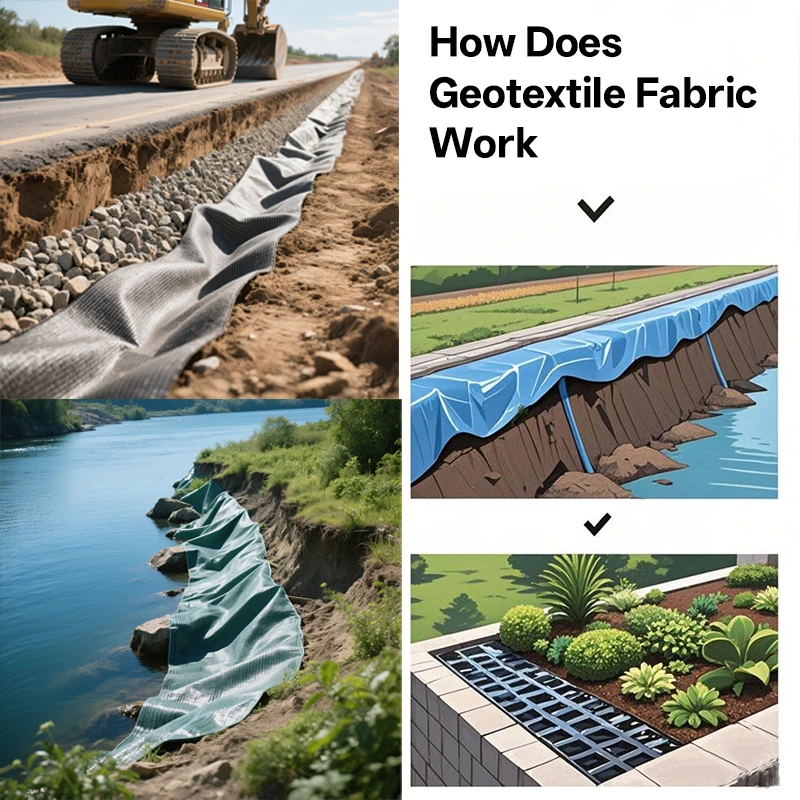
How Does Geotextile Fabric Work
Geotextile fabrics play a crucial role in modern construction and environmental protection by reinforcing soil, filtering water, and preventing erosion. This article explores their functions, performance data, and innovations from Haoyang Environmental Co., Ltd.—a leader in geosy...
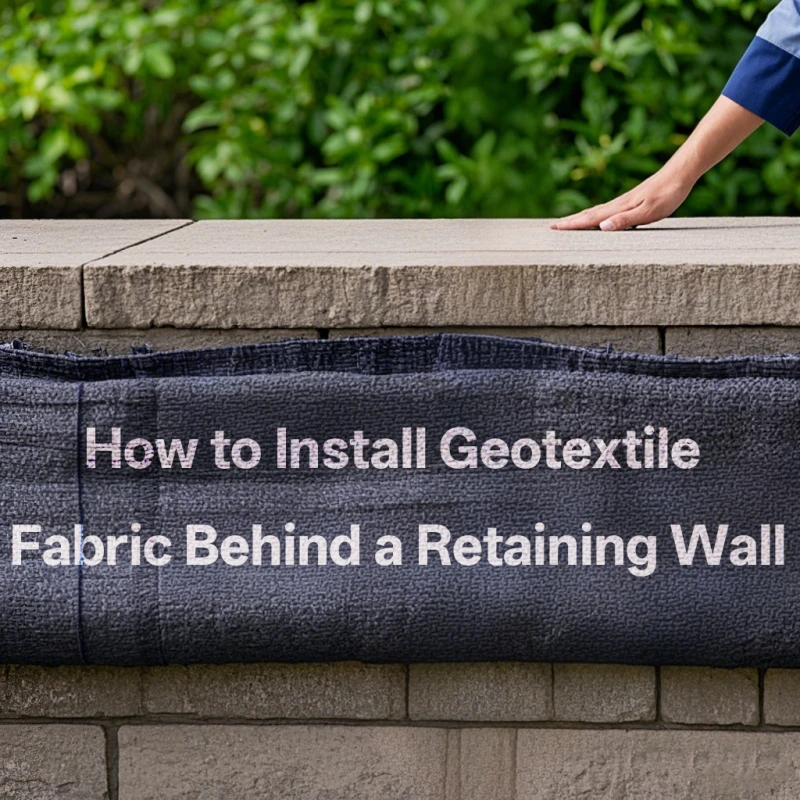
How to Install Geotextile Fabric Behind a Retaining Wall: Step-by-Step Guide
Proper geotextile installation behind a retaining wall is crucial for drainage, soil retention, and structural stability. This guide covers choosing the right geotextile, step-by-step installation, and common mistakes to avoid. With expert tips and practical insights, you’ll ensu...
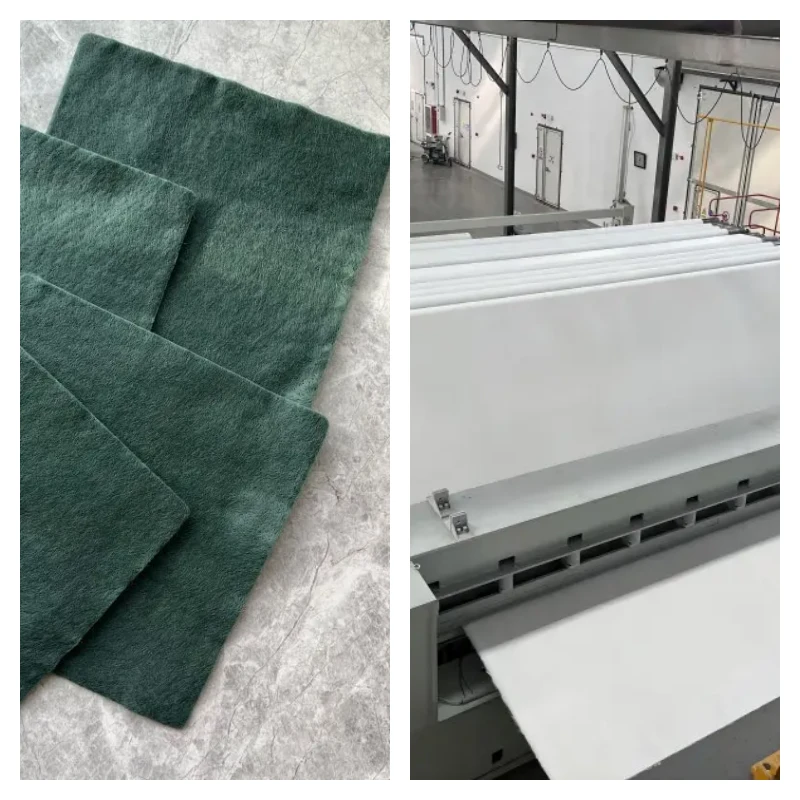
Price of Geotextile Fabric
Geotextile fabric prices vary based on type, material, weight, and regional factors. This article examines key cost influencers, market trends, and sustainability considerations, providing up-to-date price ranges in detailed tables. It also highlights future innovations and budge...
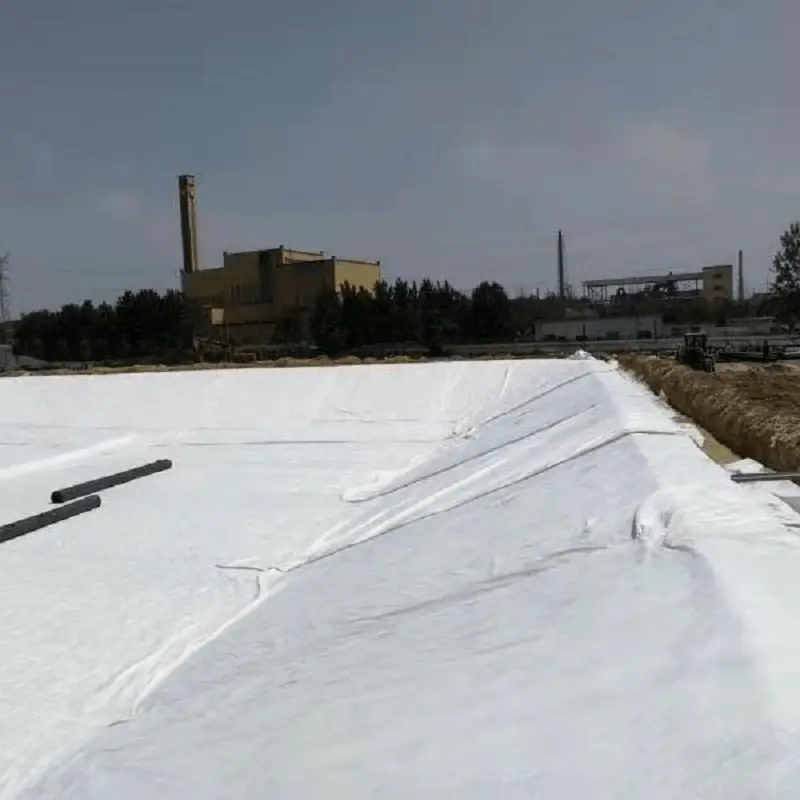
The Use of Geotextiles in Ecuador C
The Republic of Ecuador, located in the northwest of South America, is renowned for its abundant natural resources and diverse ecosystems. Ecuador's terrain is varied, ranging from the highlands of the Andes Mountains to the depths of the Amazon Rainforest, and extending to the p...
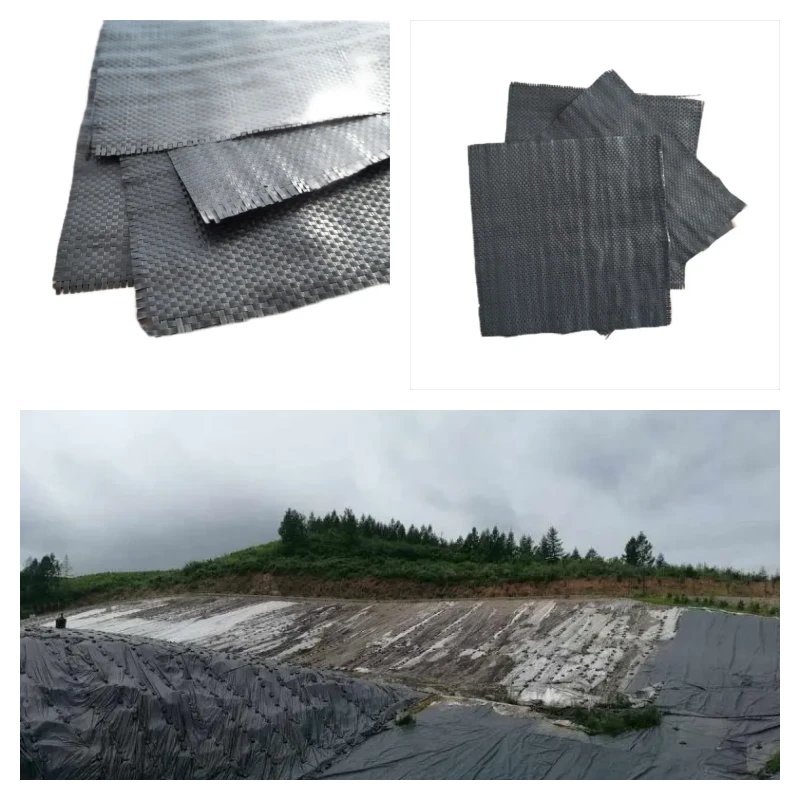
Polypropylene Geotextile Fabric
Polypropylene geotextile fabric is a versatile, durable material used for soil separation, reinforcement, erosion control, and drainage in construction projects. Known for its strength, cost-effectiveness, and filtration capacity, it is a key component in modern civil engineering...
Geotextile fabric price philippines
We are a geotextile factory from China. Today we will introduce the geotextile retail price, wholesale price and factory direct price for Philippines.For example: Non-woven geotextile factory direct supply price:$0.20 - $0.40
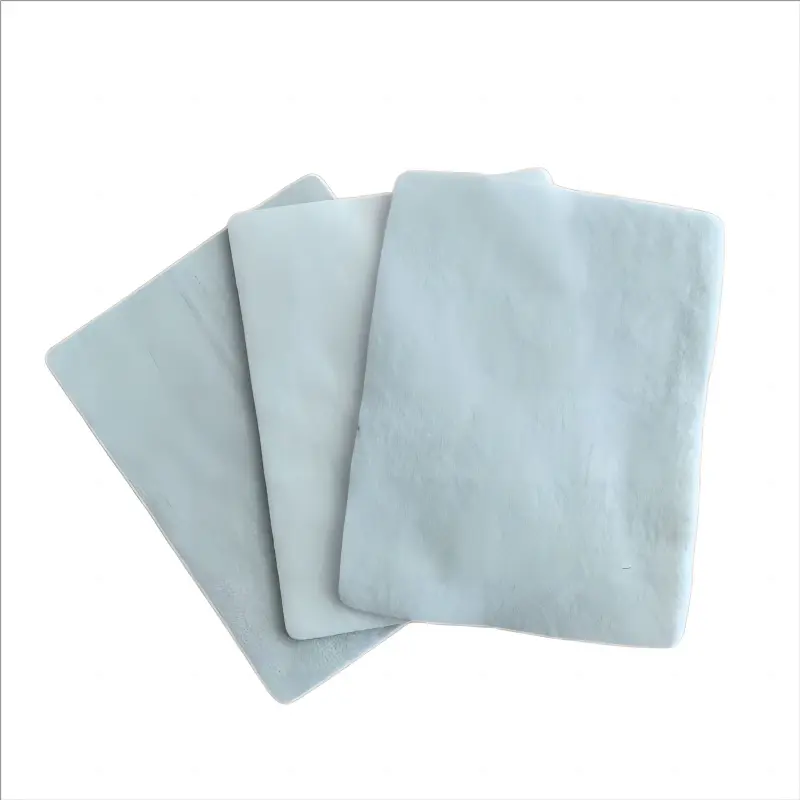
Geotextile Fabric Thickness: An Overview and Applications
Geotextile fabrics are essential materials used in construction, civil engineering, landscaping, and environmental projects.
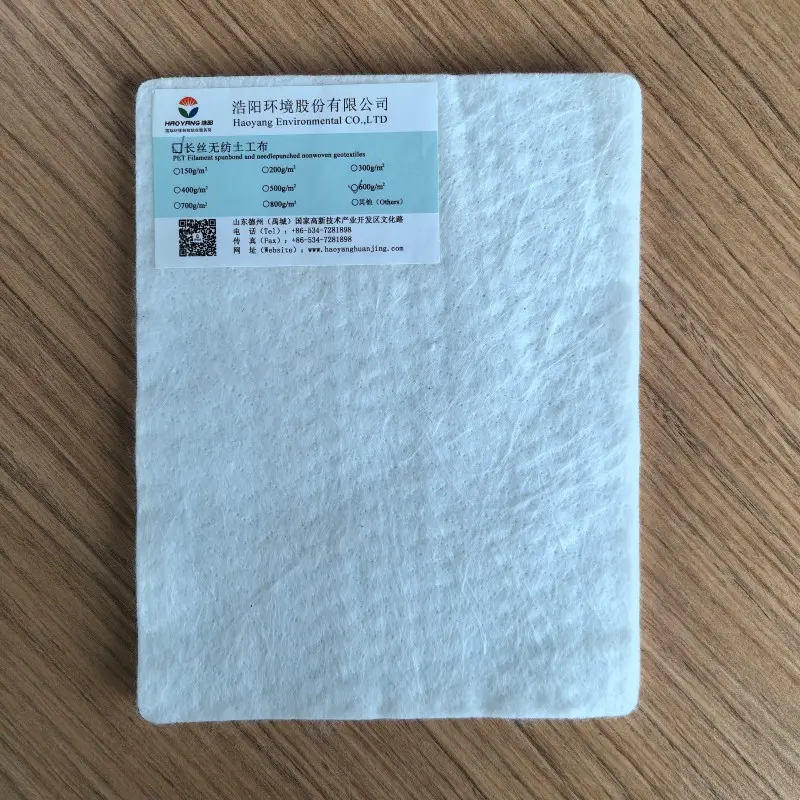
How Much Does Geotextile Fabric Cost?
Geotextile fabric is a versatile material widely used in construction and civil engineering projects for soil stabilization, erosion control, and drainage. Understanding the cost of geotextile fabric is crucial for project planning and budgeting.
Installing Geotextile Fabric Behind a Retaining Wall : Step-by-Step Guide
Retaining walls serve a crucial function in landscaping by holding back soil and preventing erosion. However, to ensure their longevity and effectiveness, proper installation techniques must be followed. One essential component of retaining wall construction is the use of geotext...
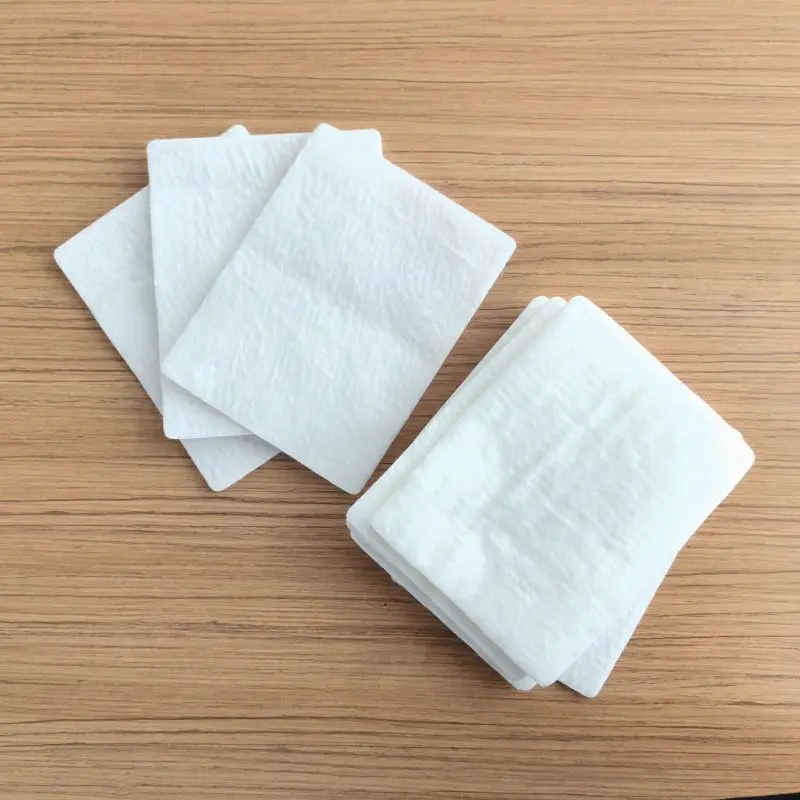
Non woven geotextile filter fabric
Non-woven geotextile filter fabric is a specialized material used extensively in civil engineering and environmental projects. It is engineered from synthetic fibers, typically polypropylene or polyester, and manufactured through a process of needle punching or thermal bonding. T...
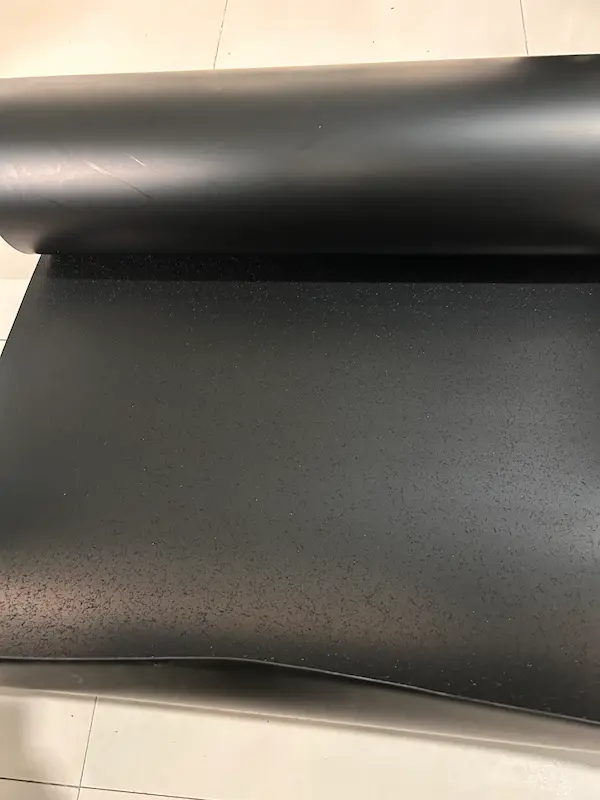
Geotextile Fabric Malaysia M
Geotextile fabric plays a crucial role in soil engineering in Malaysia. Its versatility, durability, and ease of installation make it the preferred material for erosion control, soil stabilization, and isolation functions. As Malaysia continues to develop and advance its infrastr...
780.webp)
Applications of geotextiles in South Africa D
When discussing the various applications of geotextiles in the South African market, the diversity of geographical layout and climatic conditions is an indispensable factor. South Africa's terrain encompasses plateaus, deserts, mountain ranges, valleys, and coastlines, presenting...
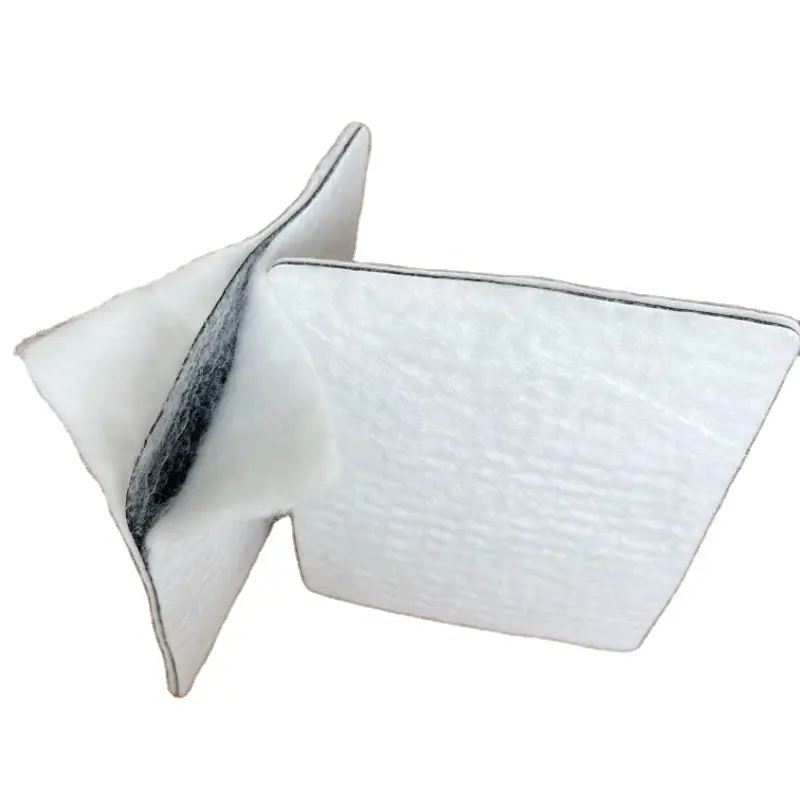
Geotextile fabric Australia M
geotextile fabric plays a pivotal role in modern engineering projects in Australia. Its diversity and adaptability make it an ideal choice for addressing various challenges, including soil reinforcement, erosion control, and agricultural improvement. With the continued developmen...
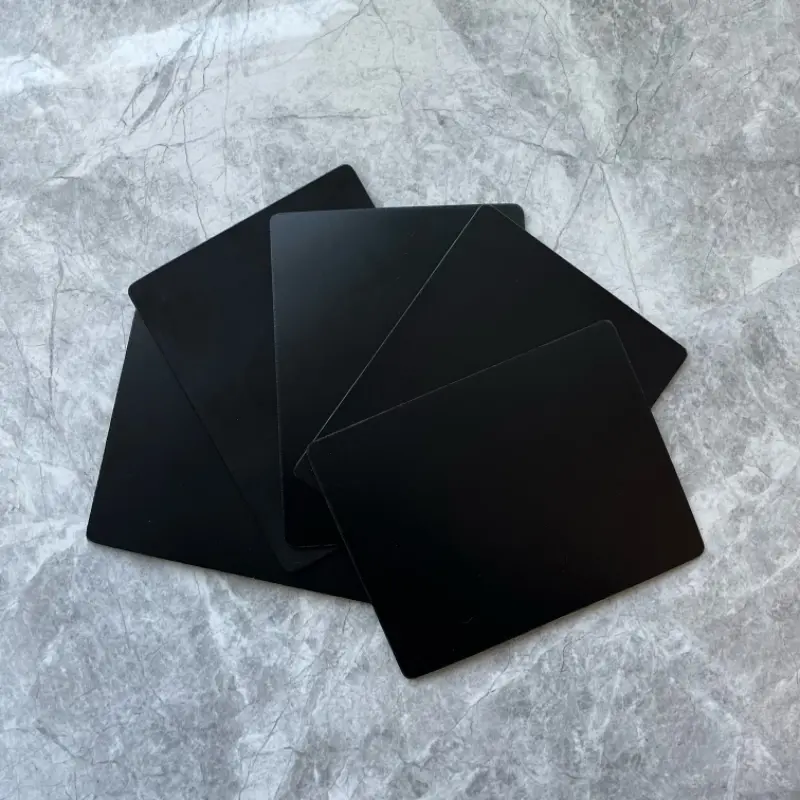
The comparison between HDPE geomembrane and LDPE geomembrane Echo
Geotextile membrane possesses excellent impermeability, elasticity, and deformation adaptability, making it suitable for various construction conditions and working stresses. Therefore, it is a lightweight, easy-to-install, cost-effective, and reliable impermeable material widely...
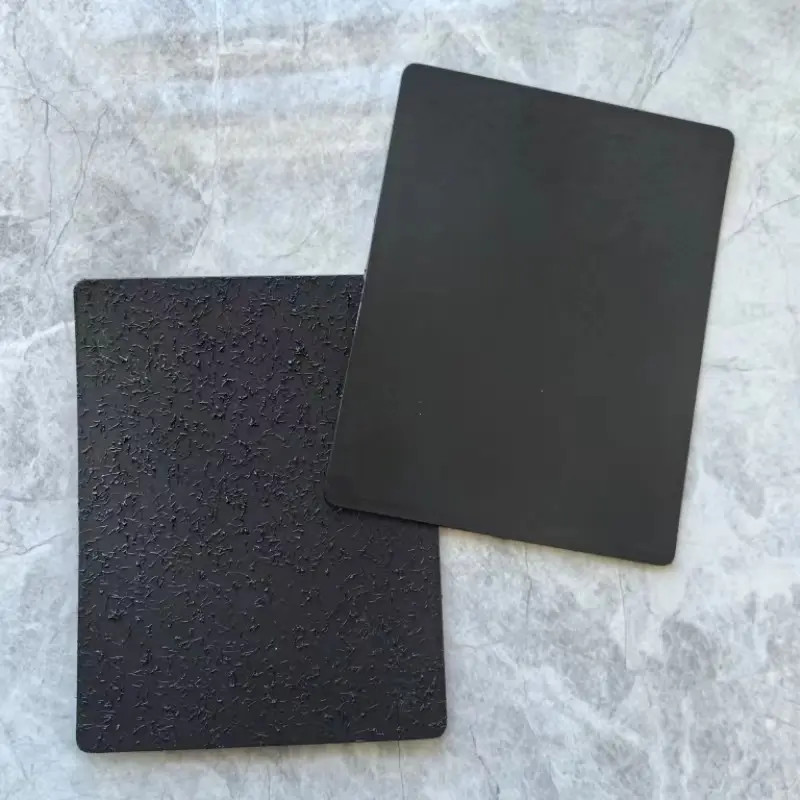
How to choose geomembranes for cold Regions Echo
In construction under severe winter cold conditions and regions, it is advisable for everyone to procure high-quality geomembranes. Opting for materials produced from new raw materials ensures a softer texture, better resistance to low temperatures, and eliminates issues like cra...
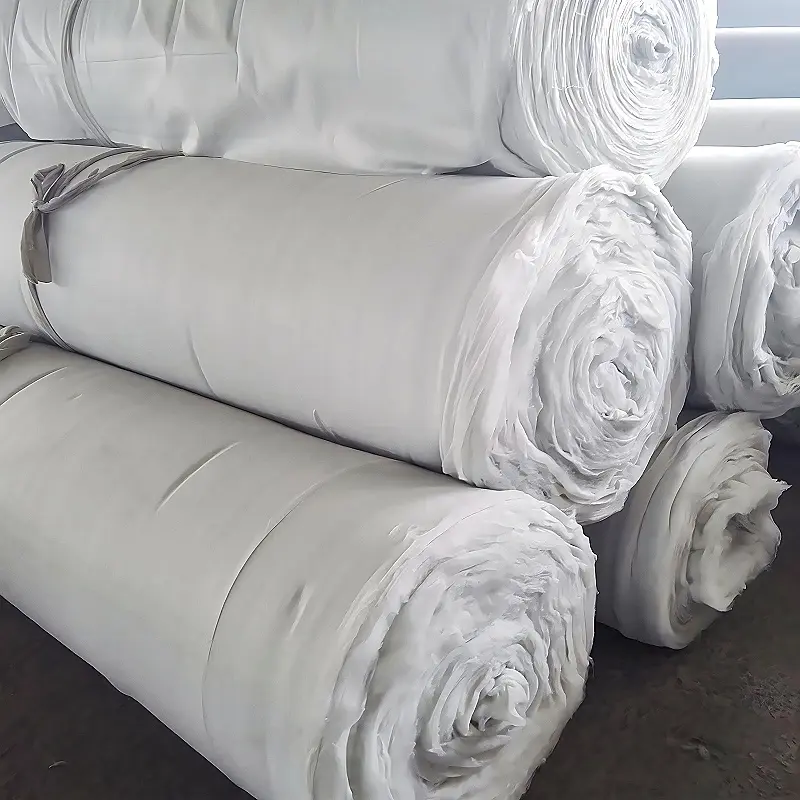
What is non woven geotextile fabric?
Non-woven geotextile fabric is a type of synthetic textile material used in various civil engineering and construction applications for its specialized properties. Unlike traditional woven fabrics, which are made by interlacing yarns together, non-woven geotextiles are manufactur...